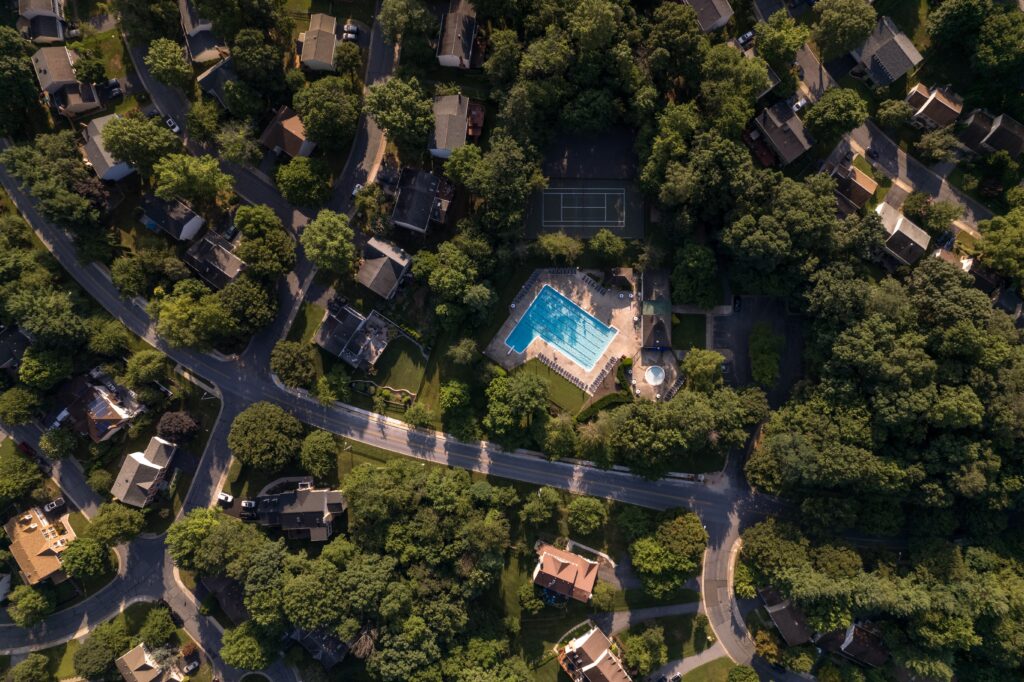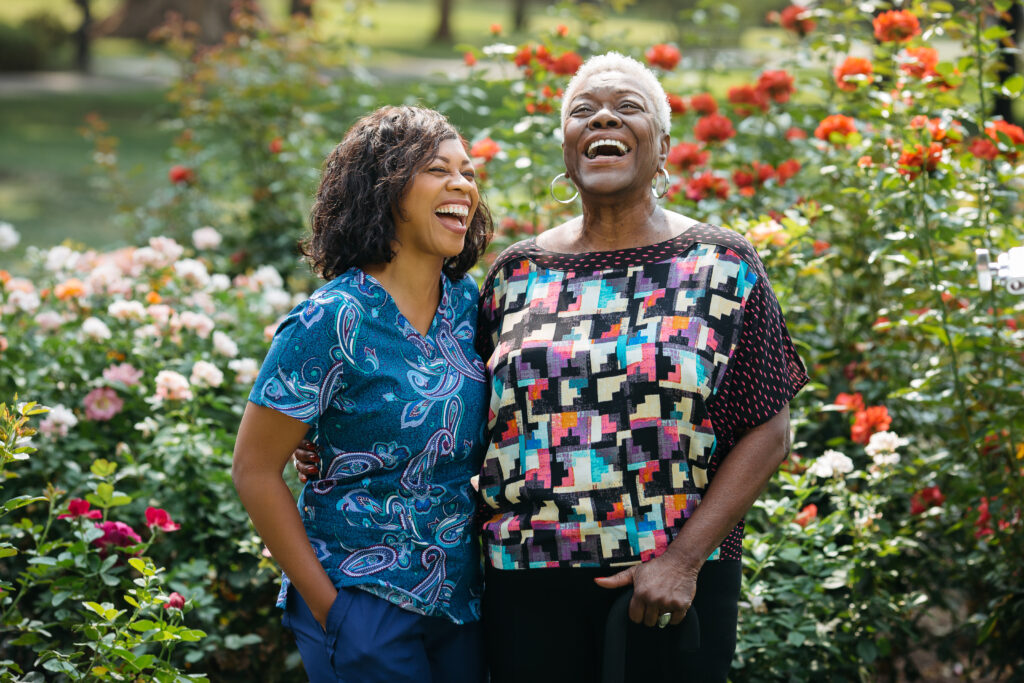Maryland Adult Care Homes: How to pay for, Laws and Regulations and Questions to ask…
Maryland is known for being a leader in healthcare, with excellent hospitals led by Johns Hopkins. Nearly 16% of the state’s 1.65 million residents are aged 65 and older. There is always something to do in Maryland. The robust economy helps to promote healthy living. The state is full of outdoor wonders for everyone to enjoy. 50 state parks and over 15 national parks, the long and luxuriant coastline, and the famous Chesapeake Bay. All these attractions make Maryland a premiere place for our aging population to call home. It is quite possible some of our aging adult population will require care at some point. It is common for people to think of nursing homes when they think of senior care. But this is not the case. A nursing home is not your only choice. There are several options for care and senior housing which serve different levels of care needs. Maryland adult care homes (residential care homes, or residential care facilities) are an excellent housing option for some aging adults because they offer private residencies in a home-like environment.
Maryland is home to several cities where residents may receive excellent healthcare: Baltimore, Annapolis, Ocean City, Bethesda, Rockville, Towson, Frederick, among many others.
- Maryland Adult Care Homes: How to pay for, Laws and Regulations and Questions to ask…
- Adult Care Homes in Maryland
- What care and support do Adult Care Homes in Maryland provide?
- Laws and regulations for Maryland residential care homes
- What are the costs of a Maryland adult care home?
- How to pay for adult care homes in Maryland
- Questions to Ask
- Resources and Links – Maryland
- Search other states for Adult Care Homes

Adult Care Homes in Maryland
A Maryland residential care home (adult care home) is a private residence that provides a home-like setting, and typically care for 10 residents or less (10 beds). The Care Home provider will typically provide meals, housekeeping, and limited activities. Unlike a nursing home, residents may require very light assistance. Other individuals may be more dependent with several care needs, in which case a nursing home is more ideal. It is best to ask individual locations for their specific policies and the services for which they are licensed. Caregivers may generally perform several functions, assisting with personal hygiene and mobility and eating and dressing and toileting and behavior management. There are always other excellent care options aside from a nursing home.
Other terms you may hear aside from adult care homes in Maryland
Adult care homes are called residential care homes in Maryland, and they are found in normal residential neighborhoods. You may drive past a residential care home each day on your commute. As you look for a residential care home in your community, it is good to know the other terms/names you may hear:
- Adult care home
- Residential care facility
- Care Home
- Adult family home
- Board and care home
- Adult foster home

What care and support do Adult Care Homes in Maryland provide?
Similar to a nursing home, residents in Maryland adult care homes receive 24-hour care all in a single-family environment. And in addition each home has an operator who may employ additional caregivers to support with the care of residents.
Caregivers in adult care homes may assist with activities of daily living and additional care needs, including:
- Personal care
- Housekeeping
- Activities
- Group meals
- Mobility
- Behavior management
- Eating
- Dressing
- Toileting
- Personal hygiene
- Cognitive support and redirection
Laws and regulations for Maryland residential care homes
Licensing
Licensing of residential care homes in Maryland is regulated by the State of Maryland, Office of Healthcare Quality.
Staffing
All protocols regarding staff should be written and documented and on premises. Staff should undergo proper training as regulated. Any staff who administers medications to residents must be licensed to do so under Maryland state law.
Food and diet
Meal plans should be structured around a balanced diet, and fit to resident nutritional requirements, tastes, and preferences. The Maryland Office of Healthcare Quality will audit the facility for this requirement.
What are the costs of a Maryland adult care home?
Maryland is not as expensive as some of the states in its region. Assisted living in Maryland is about $400 more than the national average per month. Costs will fluctuate depending on your geographical location (which city you choose to live in). Expect to pay between $2,500 per month to $5,500 per month in Maryland, on average.
Costs are affected by the care requirements of your loved one.
How to pay for adult care homes in Maryland

You want to consider your payment options for assisted living, memory care, and care homes. For these services, Medicare is NOT an option for payment.
The most common payment for these services would be out of pocket Private Pay and assessing a combination of retirement funds, personal savings, and pension payments.
Medicaid can also be an option, be sure to see if you or a loved one qualifies.
Long-Term Care insurance is also a possible option in cases of chronic conditions, be sure to see if you or a loved one qualifies.
For our Veterans and spouses of veterans, be sure to assess Veteran Aid and your eligibility for these benefits.
Medicare – NO:
- Medicare does NOT pay for Assisted Living.
- People 65 years and older and individuals with end stage renal disease are eligible for Medicare benefits, no matter their income.
- Coverage is meant for people in need of short-term care.
Private pay – YES:
- Many families pay for assisted living with private funds.
- Private pay can be a combination of retirement funds, personal savings, and pension payments.
- Family members may contribute funds to pay for assisted living or other senior housing and care.
Medicaid – MAYBE:
- Medicaid provides health coverage to millions of Americans. Eligible participants include: low-income adults, elderly adults and people with disabilities.
- Medicaid is administered by state, according to federal requirements. The program is funded jointly by each state and the federal government.
- Every state has their own individual Medicaid assistance program.
- National guidelines are in place do decipher how states must spend Medicaid money, but with allowances toward the guidelines.
- The state determines what levels of care will be covered by Medicaid, who is eligible, and how much the state will reimburse the care community.
- If you are unsure whether you qualify for Medicaid, you should apply. You may be eligible depending on your household income, family size, age, disability and other factors.
Long-term Care Insurance – MAYBE:
Long term care insurance is a great way to pay for assisted living, and planning ahead is important when considering how to pay for senior housing and care. Nearly 75% of people over the age of 65 will require long-term care and services at some point. Buying into long-term care insurance when a person is in their 50s and 60s is the most common time to do so.
- Long-term care insurance helps cover the costs of chronic medical conditions.
- Individuals and couples with the ability to pay into long-term care insurance have the advantage of a head start in allocating funds for senior care.
Veteran Aid and Assistance – MAYBE:
This benefit is available to some military veterans and surviving spouses who live in an assisted living community and those who have in-home care.
- There are specific guidelines, but a veteran may qualify for as much as $2,050 each month.
- A veteran with a sick spouse may be eligible for $1,600 per month.
- If a veteran has passed, their surviving spouse can qualify for $1,300 per month.

Questions to Ask
Finding a senior living community can be overwhelming. Here are some tips on things to be observant of:
- Make sure the facility is clean and well maintained. You can tell a lot about the operation by noting what is clean and maintained. Are doorknobs loose or damaged? Do you see any frayed carpet or trip hazards?
- Visit during lunch hour to observe what the residents are eating. Ask questions about the nutrition program. Is there diversity in meals, healthy fruits and vegetables served at all meals, drink options?
- Speak to residents and/or family members to learn their perspective.
- Ask about staff and resident engagement. Get a feel for how staff interact with residents.
- Ask about the life enrichment programs. Activities are crucial when it comes to quality of life and play a key role in care for older adults.
- And finally (along with a plethora of more things to consider), get to know the leadership in the building. If you feel good around the Executive Director, Head Nurse, Lead Activities Director and even the Chef or Janitor, it is a good sign you can trust them with the care of your loved one.
Resources and Links – Maryland
Elder Abuse Prevention Coalition A coalition of the Baltimore County Departments of Aging, Social Services and Health to educate the public on what is elder abuse and how to prevent elder abuse.
Maryland Department of Aging In Maryland’s twenty-three counties and Baltimore City, each local governing body designates an Area Agency on Aging or AAA. The agency may be a unit of local government or a private, nonprofit corporation. In some counties, it is the office on aging. In others, it may be named differently. In Baltimore City, it is called the Division on Aging and Care Services.
Senior Health Insurance Assistance Program (SHIP) Trained volunteers offer free assistance to help people understand basic Medicare information, eligibility and enrollment- evaluate Medigap Insurance policies and Long Term Care Policies- and assist with insurance forms and systems.
Maryland Legal Aid– To provide high-quality, free legal services to Marylanders living in poverty through representation and advocacy and to bring meaningful change to the systems that impact them.
Eldercare Locator This is a great resource to search for specific care in specific counties and cities. This database is a nationwide resource that connects older Americans and their caregivers with trustworthy local support resources. Connect with services such as meals, home care or transportation, or a caregiver education or respite from caregiving responsibilities. The Eldercare Locator is a public service of the Administration on Aging (AoA), an agency of the U.S. Administration for Community Living.
Medicare provides a search feature to find & compare providers near you, most senior housing and care providers are included on CareAvailability.com. Find & compare plans in your area. Determine if you qualify for premium savings
Medicaid offers information on how to apply for Medicaid, eligibility criteria, links to local state offices, and additional resources
The Alzheimer’s Association is the leading voluntary health organization in Alzheimer’s care, support, and research. Whether you are living with Alzheimer’s or caring for someone with the disease, information and resources are available.
Search other states for Adult Care Homes
Not finding what you’re looking for? Take a look below.
